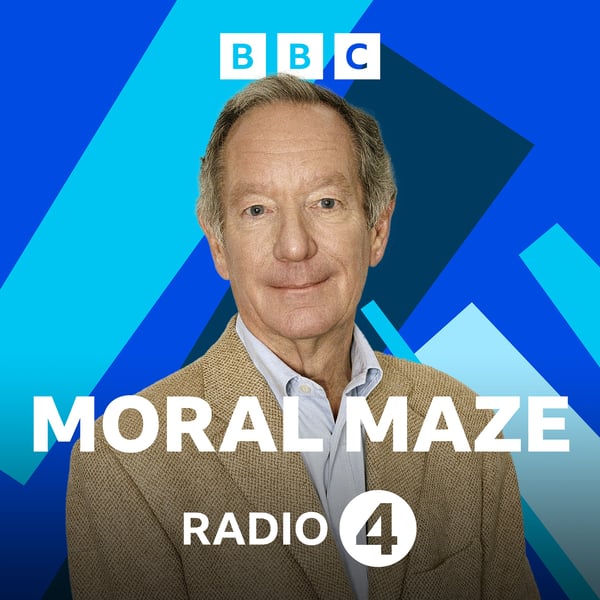Political Discourse
Moral Maze
BBC
4.5 • 609 Ratings
🗓️ 10 November 2016
⏱️ 43 minutes
🧾️ Download transcript
Summary
When the actor Kevin Spacey was filming the current series of House of Cards, with its brutally cynical take on American politics, he said he was worried that they may have gone too far. As the US presidential election reaches its vituperative climax, he now concedes they haven't gone far enough. The invective has reached new heights this week with Donald Trump claiming the election is being rigged and Hilary Clinton countering that he's unhinged and dangerous. Has political discourse ever been as poisonous? It's not as if we can look down from the moral high ground. When three High Court judges found that Parliament should have a say on Brexit their photos were splashed across the front pages with one newspaper headline branding them "enemies of the people". Ours is not, of course, the first age to fret about the quality of political discourse. Plato and Socrates did their fair share of lamenting, but the digital age has intensified the political cycle and ratcheted up the stakes. Is this all just part of the theatre of current affairs - an entertainment that we all are knowingly a part of and can tune in and out of at will? Or is a political discourse in which there is no longer any presumption of good faith between opponents not just morally bankrupt, but also dangerous? Is this a healthy revival of robust political engagement, or have we abandoned moderation as a moral virtue?
Transcript
Click on a timestamp to play from that location
| 0:00.0 | You're listening to a programme from BBC Radio 4. |
| 0:03.9 | Good evening. If you woke up this morning and thought the world had gone mad, then you were right. |
| 0:08.5 | Not, or not necessarily, because the wave of anti-establishment feeling that severed Britain from Europe |
| 0:13.9 | had just swept the buffon bombastic Donald Trump past hapless Hillary and into the White House. |
| 0:19.9 | But because of the mad angry, toxic terms |
| 0:22.7 | of engagement with which politics is conducted these days, there and here. Mr. Trump repeatedly |
| 0:28.8 | called Mrs. Clinton nasty, crooked and corrupt, as his supporters chanted, lock her up. She, |
| 0:34.9 | in turn, said he was unhinged and dangerous. Accurate description, not insult, |
| 0:39.8 | her supporters might say, if they could spare the time from trying to work out why 59 million |
| 0:44.3 | Americans voted for him. Politics here seemed just as vituperative. The three judges who ruled |
| 0:49.8 | MPs should have a say on Brexit have been vilified. Newspaper headlines called them |
| 0:53.7 | enemies of the people. Remainers, meantime brand levers as not just wrong, but bigoted, stupid, |
| 1:00.1 | or worse. Political discourse everywhere seems to have turned poisonous. Is this the |
| 1:05.1 | theatre of current affairs in a digital age where people use the internet as an echo chamber |
| 1:09.4 | for their own views and a vehicle to abuse |
| 1:11.8 | others? Politics that is challenging, healthy and robust? Or is the increasing refusal to |
| 1:17.7 | acknowledge that those we disagree with might nonetheless be acting in good faith, not just sad, |
| 1:22.6 | but dangerous? And has moderation itself been abandoned as a moral virtue. That's our moral maze tonight. |
| 1:28.5 | Our panel, Menonle-Fillips, social commentator on the Times, |
| 1:31.1 | Claire Fox from the Institute of Ideas, |
| 1:32.9 | Anne McElvoy, senior editor at The Economist and Matthew Taylor, |
| 1:36.2 | chief executive of the RSA. |
... |
Please login to see the full transcript.
Disclaimer: The podcast and artwork embedded on this page are from BBC, and are the property of its owner and not affiliated with or endorsed by Tapesearch.
Generated transcripts are the property of BBC and are distributed freely under the Fair Use doctrine. Transcripts generated by Tapesearch are not guaranteed to be accurate.
Copyright © Tapesearch 2025.

